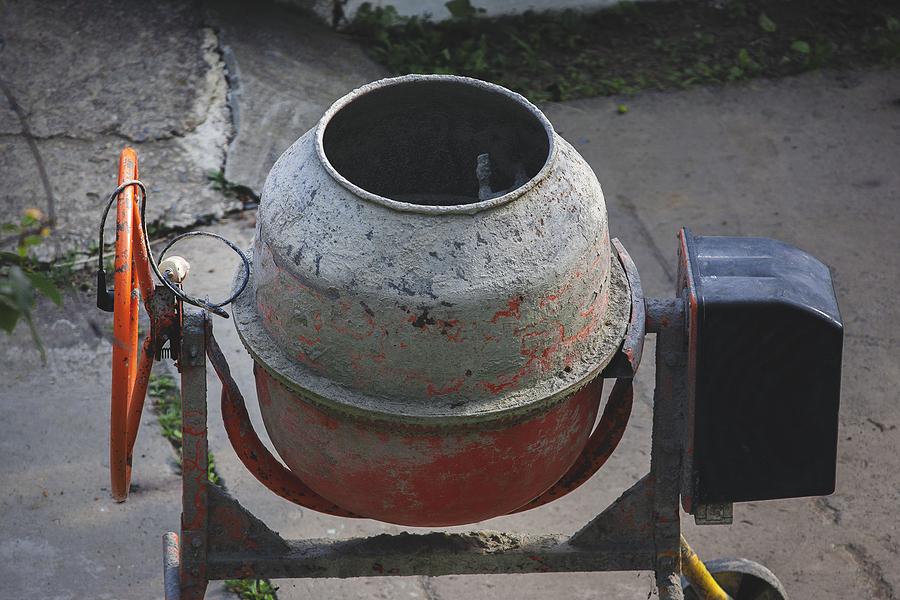The Most Unconventional Uses For Construction Equipment

Typically, people go to construction equipment dealers to buy or hire machinery for a very specific purpose as part of a large construction project.
After all, a digger is designed to do a particular set of tasks very well, as is a bulldozer, a steamroller, a tower crane, and pretty much any other piece of equipment where their name is also a description of what they do.
However, it is not as if construction equipment cannot be versatile, and some rather creative people have found unique and unconventional ways to use their heavy machinery.
Here are some of the most interesting examples.
Cooking For The Masses
In the Japanese region of Tohoku, there is a common autumnal dish known as Imoni, which is a stew with sliced meat, vegetables and soy sauce that is eaten in large groups as a communal dish.
One festival, appropriately called The Biggest Imoni Festival, used industrial cranes and diggers to serve over 12,000 people a piping hot bowl of stew in eight hours, achieving a world record in the process.
Dinner And A Dive
From cooking utensils to cooking platforms, Dinner in the Sky uses giant industrial cranes to serve meals to people over 150ft in the air, giving you and your guests some phenomenal views to go with a three course meal.
Initially started as a joke by a company that specialised in installing amusement park rides, it has since become a multi-national event with food being served in the skies of over 60 countries, has had professional chefs such as Heston Blumenthal serve guests in the sky, and has even been used to host weddings.
Lower Jib To Pay Respects
Whilst a construction crane does not leap to mind when considering funeral arrangements, one of the largest UK state funerals ever led to an unexpected but meaningful gesture.
Winston Churchill died in 1965 and due to leading the country through the Second World War, was granted a state funeral, with people from 111 countries in attendance to pay their respects.
One moment that has become exceptionally meaningful, however, was when Mr Churchill’s coffin passed along the River Thames, as 36 dock workers lowered their jibs to salute the fallen War Minister in a gesture that had not been rehearsed but radiated meaning.


